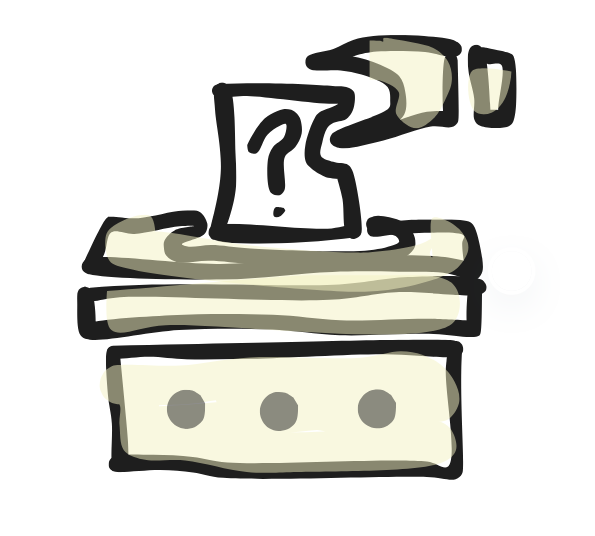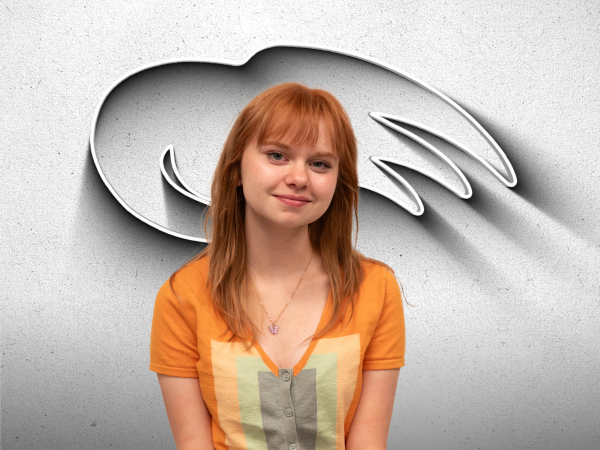This article won’t be long.
November 2024. Another election, another fight, another celebration, another mourning. Another baby shower, another funeral. And, as ubiquitous as the government itself, the question: “What does democracy actually mean?”
No articulated analysis will be excavated, and democracy marches on no matter my interpretation. In this capacity, my opinion does not matter. It really doesn’t.
Perhaps the discussion of democracy is ironic, then. Because democracy insists in the significance of an individual’s voice, and persists in the power of a unity we were promised. Our country’s titular covenant rings true: “The United States of America.”
Riots, chaos, disillusionment, and heartbreak have emerged from the seeming betrayal of this word. Mutually, inspiration, freedom, enlightenment. Of democracy. The “issue” is not debated so much as held as some Rod of Asclepius, for everyone to look up to and be saved.
If we just turn back to true democracy, we may think, all of this will go away.
Take what you will from that. It is your right, after all. It is your right and your freedom to express, even the inexpressible. To scream when it is solemn. To laugh in the face of war.
Good for you.
Democracy is an explicit definition, and also an abstract abacus, counting wins and losses for your party like an ancient football game.
Which is why my opinion doesn’t matter, not in this thing. It can’t be explained, but the role of yet another observer looking outward and spouting out is in great excess. So rare are the moments that we look inward that in trying to write these words, I came to the conclusion that, as with democracy, we are emboldened when perspective is expanded.
I will ask others, rather. Probe them of their opinion of a system they exist within.
I have asked a few of my fellow Americans the very question: “What does democracy mean?” The responses, unedited, are as follows:
“Democracy means a system of government which a state or country abides by.” Kayla Kroehnke (11).
“It means, in a way, unity.” Nathan Goodman (12).
“{Democracy is} a system of government in which citizens are able to vote their leaders into office.” Alexa Kiepe (11).
“A voice of the people being exercised to answer a question posed by a larger group.” Craig Dahle.
One more question. “Does our country, right now, display the values of democracy?”
“Yes, our country does, because our elections are fair and free for all, and everyone has the freedom to express their views, whatever they may be. Building on this, especially with the increased use of social media, we have more opportunities than ever to display our own individual views. Plus, since the legitimate meaning of democracy is a system of government in which elected representatives run the country, everyone in voting age has the right to vote. So, yes – the United States does indeed display values of democracy” Kayla Kroehnke (11).
“Depends on the day.” Nathan Goodman (12).
“Yes, however I believe that there are factors for some people that could make it feel less like the democracy originally created.” Alexa Kiepe (11).
“I honestly have given up. I find it hard to care anymore.” Ella Quinney (11).
“We are not a pure democracy, but a democratic republic, which rejects the tyranny of the majority.” Craig Dahle.
Okay, maybe a bit of opinion. I apologize for the hypocrisy, but hypocrisy itself meddles even the most pure of intentions. Democracy is no exception. Nevermind. I have not opinion actually, no. Rather, I have a bit of hope, and a hope that speaks to a truth that provides a lifeline.
Democracy is not dead. While pure democracy is not necessarily exercised, it pertains essential values that have the capacity to be upheld. No matter the turbulence of our world. No matter your view on tyranny, or victory, or the intricacies of either.
Democracy is not dependent on whether or not your candidate won, the integrity and trust you put in our voting system.
Democracy survives, undiminished and integral.
Democracy is breathing in the architecture of our citizens, and it survives in the ideals we hold.
Democracy outlives cynicism, and conquers fear. Not only does democracy coexist abstractly, but it is integral in the faith we place in the will of humanity.
As a claim of value, the trust of a passion of the voices of a people ascends above the present pettiness. Above polarization, and instead soars, taking upon itself a bird’s-eye view.
Democracy is not Santa Claus, is not real only if you believe that it will come. Democracy is a virtue and a synthesis of complexities.
Ultimately, democracy, no matter your definition, exists. To deny its existence is to neglect gravity. No long article. No analysis needed.
Democracy lends voice where there was first the struggle of dissonance. It lends clarity and lends itself to progress.
Democracy is an answer crafted from the material of our questions.
I have used the word “democracy” 32 times in this article. And yet, my own allusive speech admittedly uses circumlocution rather than a direct answer. Democracy lends itself to innumerable definitions, and by doing such remains an epitome of its core.
So when you ask “What is democracy?”-Just turn your face to the world.
Thank you.



